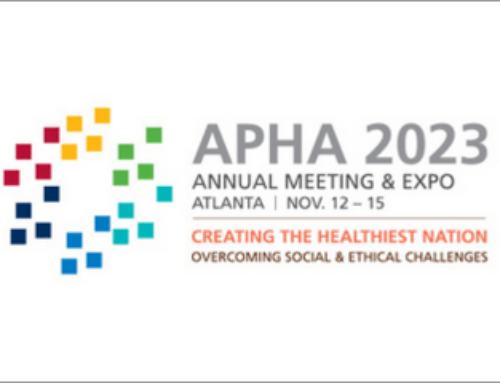In June, the Tennessee Board of Respiratory Care (TBRC) issued an emergency regulation outlining the specific requirements a respiratory therapist must complete to perform sleep care services pursuant to the Tennessee Polysomnography Practice Act. The Act mandated that a respiratory therapist fulfill one of the following requirements before performing any sleep care procedures:
1. Credentialed as a registered polysomnographic technologist by the Board of Polysomnographic Technologists (BRPT), or;
2. Credentialed as a sleep disorders specialist (SDS) by the National Board of Respiratory Care (NBRC-SDS), or;
3. Have undergone a standardized, uniform mechanism to document competency in polysomnography as approved by the TBRC.
The emergency regulation set the standards for what fulfilled the third option:
• Proof of completion of the sleep center/sleep lab competency checklist, as approved by this Board, signed by both the director of the sleep center or sleep lab and medical director from a current employing facility, verifying a minimum of one hundred (100) hours in a sleep center or sleep lab.
The AASM, AAST and Tennessee Sleep Society (TSS) were very concerned with the low number of hours a respiratory therapist needed to complete to be deemed qualified to perform sleep care services. Concerns were also noted over where the observed hours occurred and the qualifications needed to verify competence.
The TSS, AASM, and AAST worked closely together in submitting comments to the TBRC on this important issue. A letter was submitted to the TBRC requesting the incorporation of amendments to:
• Raise the 100 hour education minimum;
• Expand the hour requirement to be consistent with the NBRC-SDS designation.
• Require completion of education in an accredited sleep center;
• To ensure that the highest quality of care is delivered to patients with a sleep disorders.
• Have the competency checklist signed by Board Certified Sleep Physician.
• A board-certified sleep physician has a full understanding of sleep procedures and the ability to determine if the respiratory therapist is competent in performing sleep diagnostic testing procedures.
On November 10th, the TBRC conducted a hearing to discuss the third pathway. The TBRC decided:
1. To expand the hour requirement to be consistent with the NBRC-SDS designation. A CRT would be required to complete 504 hours and an RRT would be required to complete 252 hours.
2. The Board did not accept that the physician should be Board Certified in Sleep Medicine.
3. The Board did not accept that experience should be achieved in an accredited sleep care facility.
The TBRC will present the proposed changes during their meeting on February 10, 2011, and they will accept all public comments regarding the proposed changes. The TBRC will then conduct a vote during their May 12 meeting on whether to accept or reject the proposal.
The AASM will keep our members posted with any new developments regarding this matter.








